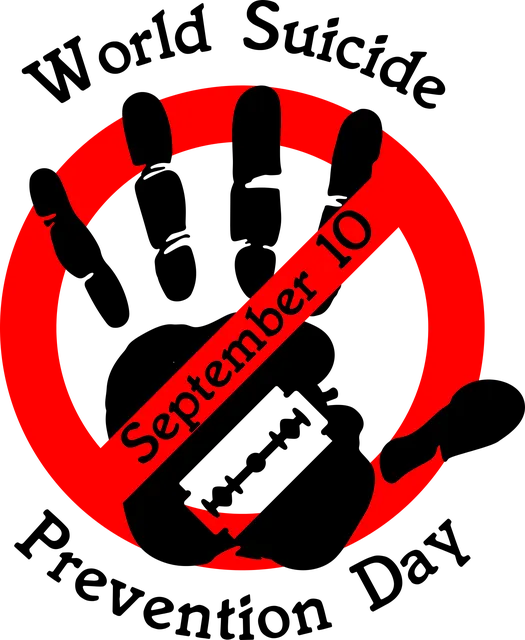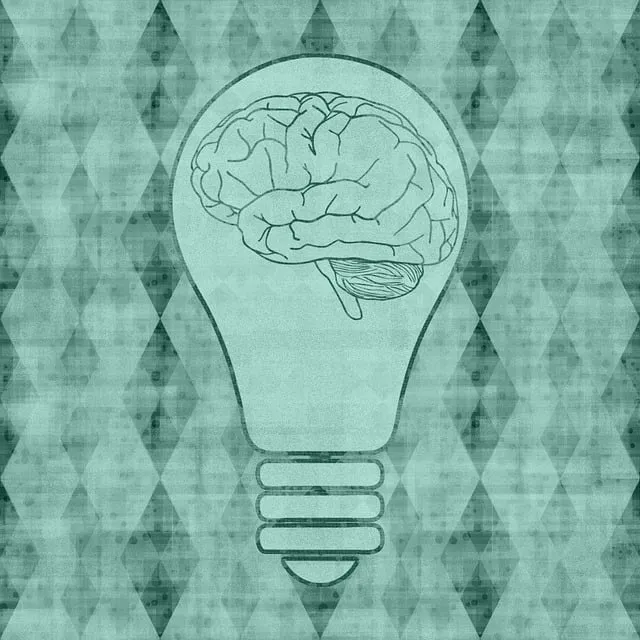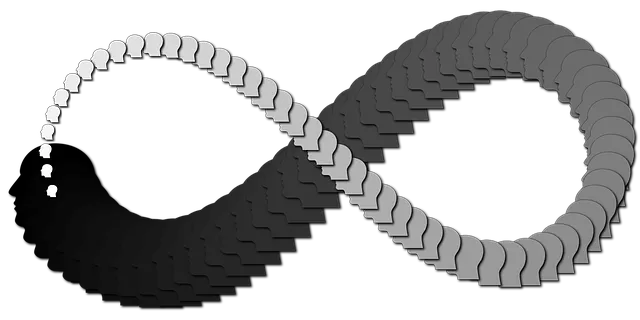Kaiser Permanente mental health centers in Aurora are recognized for their holistic approach to fostering resilience and emotional well-being, as seen in favorable reviews. The RFM framework (Reconsider, Reflect, Mend) combines Mind Over Matter principles to enhance self-esteem and emotional regulation through personal exercises within a supportive environment. By advocating for Mental Illness Stigma Reduction, these centers empower individuals to cope with challenges and promote lasting positive changes. Key practices include Self-Awareness Exercises, Inner Strength Development, and data-driven program adaptations based on client feedback, ensuring effective mental health care tailored to diverse communities.
In today’s challenging world, building resilience is paramount for well-being. This article explores RFM (Recovery, Flexibility, Mastery) as a powerful framework for enhancing mental resilience through structured exercises. We delve into the critical role of mental health centers in fostering resilience and present a case study on Kaiser Permanente Aurora’s successful implementation. Key components and measurement techniques are outlined, offering insights for mental health centers aiming to integrate RFM exercises for improved client outcomes, as evidenced by Kaiser Permanente mental health center reviews in Aurora.
- Understanding RFM: A Framework for Resilience Building
- The Role of Mental Health Centers in Promoting Resilience
- Kaiser Permanente Aurora: A Case Study on Successful Implementation
- Key Components of Effective Resilience Exercises
- Measuring Impact: Reviewing Results and Continuous Improvement at Mental Health Centers
Understanding RFM: A Framework for Resilience Building

Resilience is a key component of mental well-being, enabling individuals to navigate life’s challenges and setbacks with adaptability and bounce back strength. This is where the Kaiser Permanente mental health center reviews Aurora come into focus, highlighting the growing need for accessible and effective resilience-building strategies. The RFM (Reconsider, Reflect, Mend) framework offers a structured approach to foster resilience, particularly through the lens of Mind Over Matter Principles.
By encouraging individuals to reconsider stressful situations, reflect on their thoughts and emotions, and then mend by adopting positive coping mechanisms, RFM supports self-esteem improvement and emotional regulation. This method aligns with the broader goal of public awareness campaigns development, aiming to normalize conversations around mental health and provide practical tools for building resilience in diverse communities, as seen in many Kaiser Permanente mental health center reviews Aurora.
The Role of Mental Health Centers in Promoting Resilience

Mental Health Centers play a pivotal role in fostering resilience among individuals and communities, especially in cities like Aurora where Kaiser Permanente mental health center reviews highlight their significant impact. These centers serve as safe havens for those seeking support for various mental health concerns, including trauma. By offering specialized services such as Trauma Support, they facilitate the emotional healing processes crucial for building resilience.
The focus on positive thinking and holistic well-being is a key aspect of these centers’ approach. They provide a range of therapeutic interventions and resources designed to help individuals develop coping mechanisms and enhance their ability to navigate life’s challenges. Through individual counseling, group therapy sessions, and community outreach programs, Mental Health Centers in Aurora contribute to creating a resilient ecosystem where folks can flourish and overcome adversity.
Kaiser Permanente Aurora: A Case Study on Successful Implementation

Kaiser Permanente Aurora, a renowned mental health center, stands as a shining example of successful RFM (Resilience, Flexibility, and Mastery) implementation. The center has been instrumental in transforming lives through its holistic approach to emotional healing processes. By integrating various resilience-building exercises tailored to individual needs, Kaiser Permanente Aurora has created a supportive environment that fosters inner strength development.
This case study highlights the center’s commitment to Mental Illness Stigma Reduction Efforts, fostering a community where individuals feel understood and empowered. Through innovative practices and dedicated professionals, Kaiser Permanente Aurora has set a benchmark for mental health care, demonstrating that resilience can be taught and mastered, ultimately leading to lasting positive changes in the lives of its patrons.
Key Components of Effective Resilience Exercises

Resilience exercises are a powerful tool for fostering mental well-being, especially in today’s fast-paced world. When implemented effectively, these practices can significantly contribute to an individual’s overall health and happiness. Key components of successful resilience-building activities include a comprehensive Mental Health Policy Analysis and Advocacy approach, which involves understanding and addressing the unique needs of individuals within diverse communities. By incorporating Self-Awareness Exercises, participants can gain insights into their emotional responses, fostering a deeper sense of self-control and adaptability.
Additionally, Inner Strength Development plays a crucial role in resilience training. Encouraging individuals to identify and cultivate their innate strengths helps build confidence and a positive mindset. These exercises often involve challenging yet rewarding activities that promote personal growth, enabling people to navigate life’s hurdles with greater ease and resilience. The goal is to empower individuals to rise from adversity, much like the iconic symbol of a phoenix rising from its ashes, as evidenced by the positive Kaiser Permanente mental health center reviews Aurora has received.
Measuring Impact: Reviewing Results and Continuous Improvement at Mental Health Centers

At Kaiser Permanente mental health centers in Aurora, measuring the impact of resilience-building exercises is a cornerstone of their commitment to continuous improvement. By reviewing results and incorporating feedback from clients and staff, these facilities ensure that programs effectively address emotional intelligence and foster a supportive environment. This data-driven approach not only enhances the quality of care but also aligns with the broader goals of public awareness campaigns development and community outreach program implementation.
Regular assessments and follow-up reviews allow mental health professionals to gauge the effectiveness of resilience exercises, identify areas for refinement, and adapt strategies as needed. Through these processes, Kaiser Permanente’s Aurora centers strive to create a dynamic and responsive environment that caters to the evolving needs of their diverse clientele, ultimately contributing to improved mental well-being within the community.
Resilience is a powerful tool for personal growth, and the implementation of RFM (a framework for resilience building) in mental health centers, as exemplified by Kaiser Permanente Aurora’s success, proves its potential to transform lives. By integrating resilience exercises into their services, these centers are not only enhancing patient outcomes but also contributing to a more resilient community. The key lies in consistent practice and continuous improvement, as evidenced by the positive reviews of Kaiser Permanente mental health center Aurora. This approach ensures that resilience-building initiatives remain effective and relevant, empowering individuals to navigate life’s challenges with greater ease.






